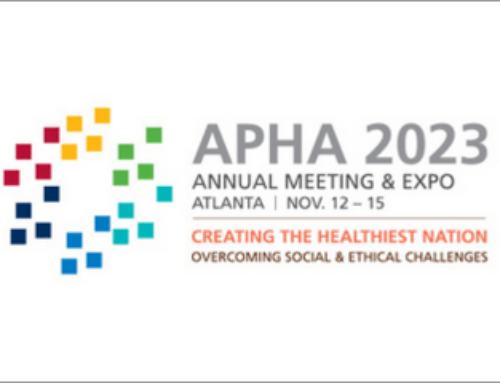Automatic reductions in federal spending scheduled to take effect in 2013 would result in a 7.8 percent reduction in the budget for the U.S. Department of Health and Human Services (HHS). If these cuts take effect it would lead to:
- The elimination of 2,300 new and competing NIH research project grants;
- Up to 100,000 children losing Head Start services;
- Approximately 80,000 fewer children receiving child care assistance;
- About 12,150 fewer patients receiving benefits under the AIDS Drug Assistance program;
- About 169,000 fewer U.S. people/individuals being admitted in substance use disorder treatment programs; and
- About 14,200 fewer homeless residents receiving assistance.
The automatic cuts are a result of the congressional debt panel’s failure to reach a compromise in 2011. Many lawmakers want to repeal the automatic reductions, known as sequestration, out of concern for defense programs, while others have taken issue with how the cuts effect health care. The House in May passed a budget reconciliation bill (HR 5652) that would override the cuts and instead reduce entitlement spending.








